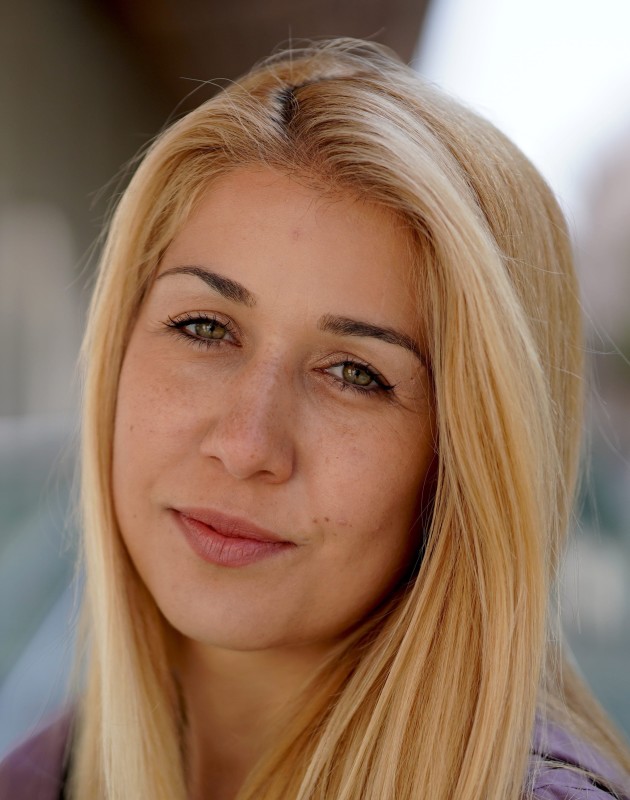Guiding Light Optimising Wide Local Excisions (GLOWII)
Complete tumour excision is integral to cancer treatment during breast conserving surgery (BCS). However, nationally this may not be achieved in on average 28% of women [1]. This is because surgeons are limited to imperfect localization aids which do not provide real-time operative guidance nor highlight the cancer-normal boundary zone [2]. Patients with incomplete excisions require re-operative surgery, increasing morbidity, at a substantial cost (~£118 million annually to NHS [3]). Currently, no commercially available system exists that can provide macroscopic intraoperative tumour visualization [4].
To tackle this challenge, we envision the use of combined multispectral and fluorescence imaging for real-time in-vivo tumour demarcation and resection guidance. Fluorescence guided surgery (FGS) fulfils a number of key-performance characteristics for clinical adaptation: patient-safe radiation, ergonomic, cost-effective equipment, and ideal image quality [5]. FGS is currently used in sentinel lymph node identification, tissue perfusion mapping and in certain cancer operations(i.e. neurosurgery) [6,7].
Our previous in-vivo human pilot work (10 patients) has shown fluorescence guided surgery to be feasible during BCS [8], and identified its limitations for tumour detection accuracy and signal dependence on tissue optical properties [9]. Therefore, this project will develop surgical cameras that combine fluorescence with multispectral imaging [10] (multicoloured reflected light), namely, i) ‘Multi-Sense’ for in-vivo data acquisition, and ii) ‘Hyper-Sense’ [11,12], for novel high resolution multispectral imaging. This will enhance the diagnostic accuracy of FGS and allow absorption artefacts to be corrected. The designs will capitalise on our clinical trial experience and Patient and Public Involvement with potential benefits beyond BCS.
Team
 Leading applicant: Maria Leiloglou
Leading applicant: Maria Leiloglou
Academic PI: Prof Daniel Elson
Clinical lead: Mr Daniel Leff
Scientific advisor: Dr Vadzim Chalau
Clinical Research Fellow: Ms Martha Kedrzycki
Clinical Research Fellow: Ms Dhurka Shanthakumar
Contact Us
The Hamlyn Centre
Bessemer Building
South Kensington Campus
Imperial College
London, SW7 2AZ
Map location



